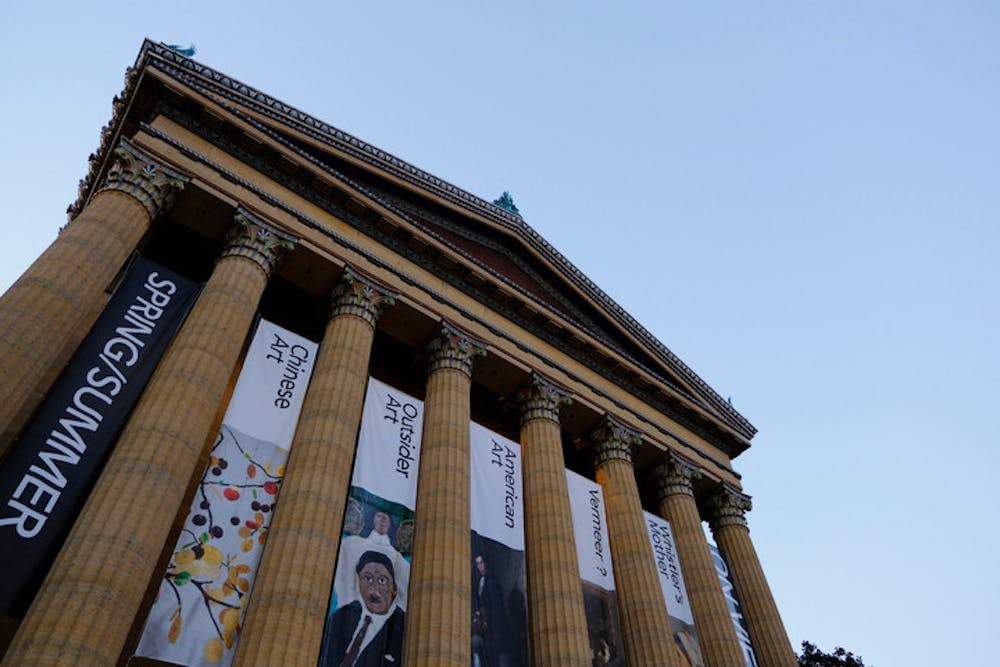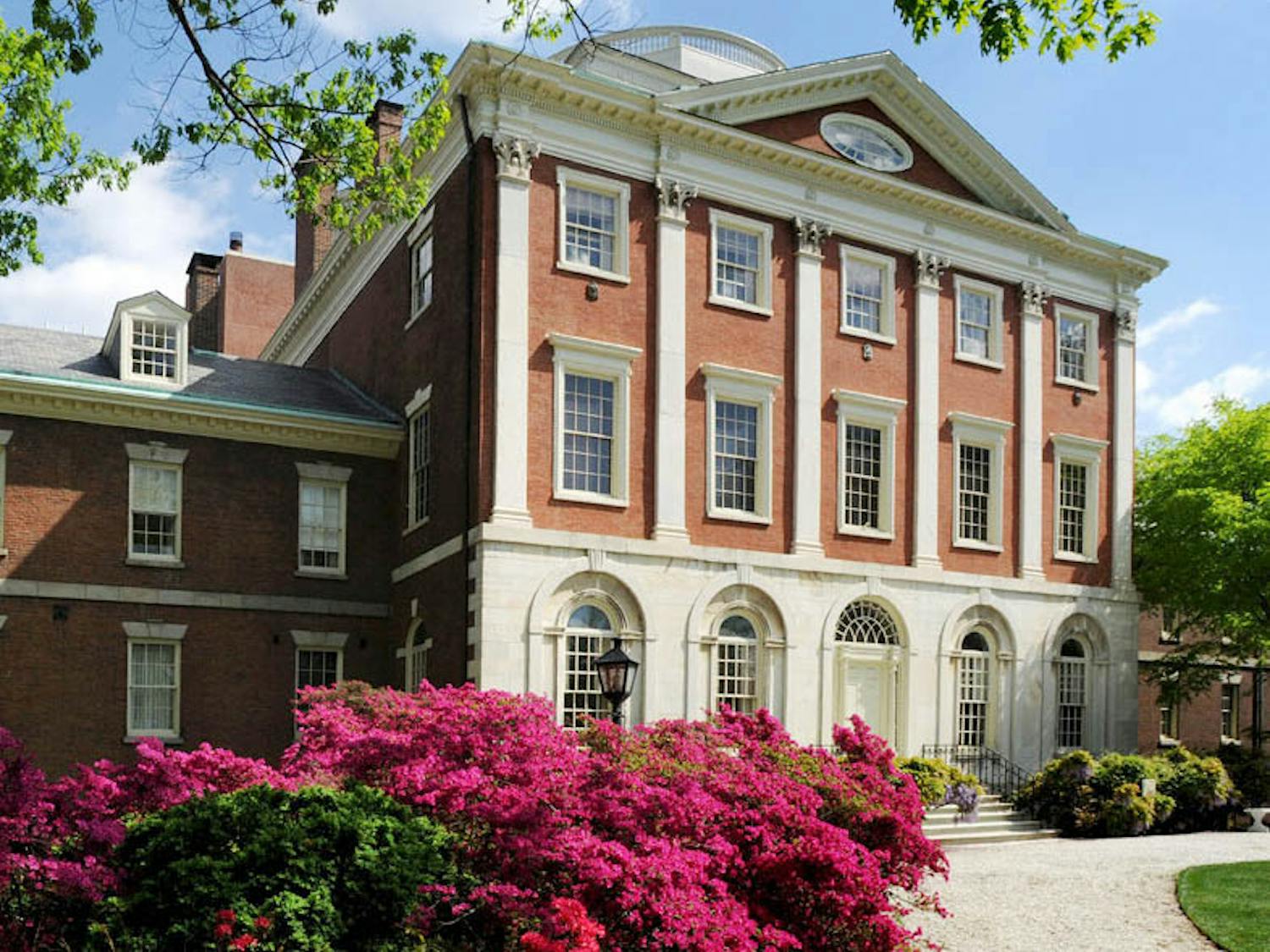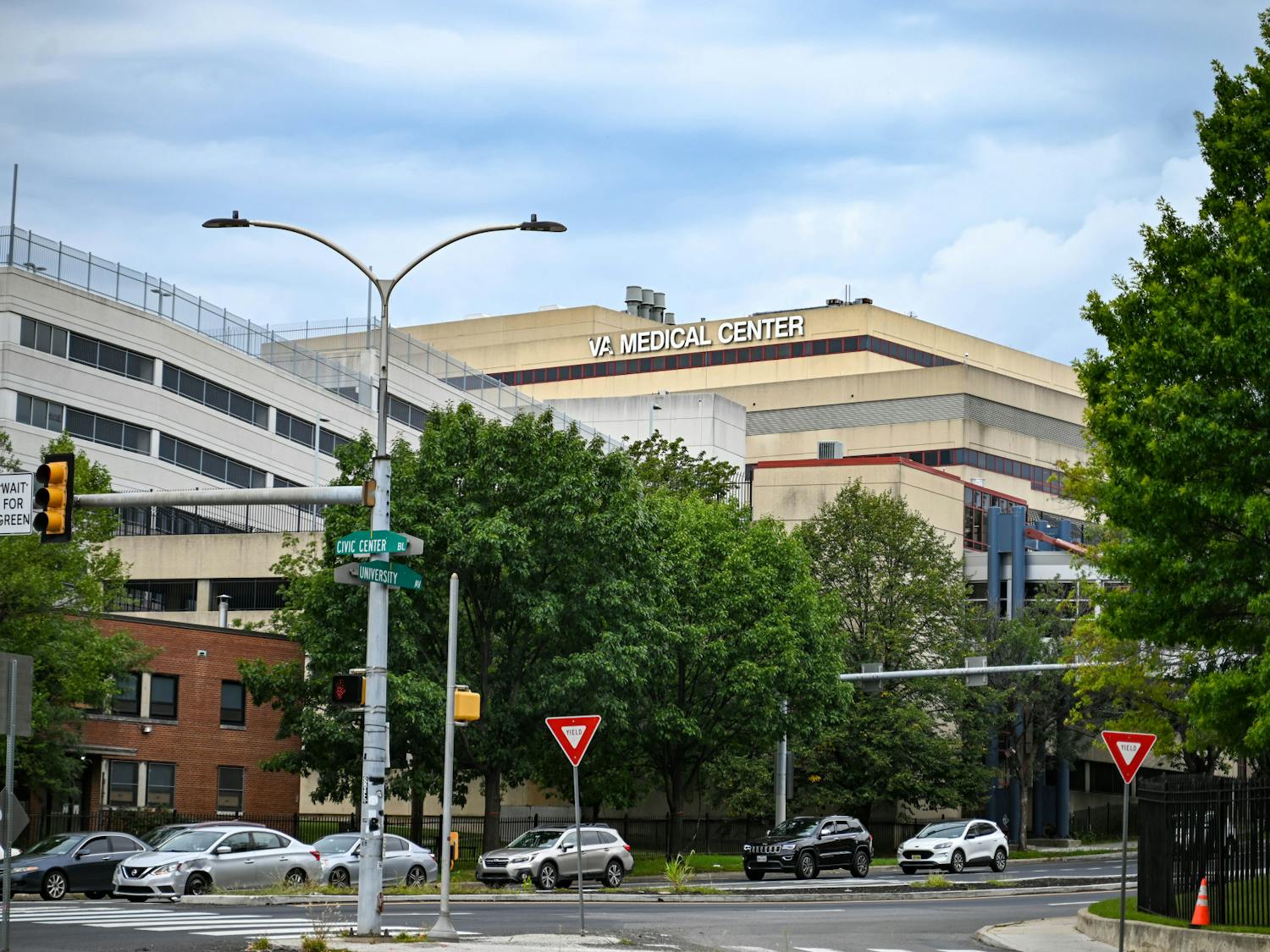Philadelphia’s arts and culture institutions are assessing impacts to federal funding after a wave of restrictive measures from the Department of Government Efficiency canceled millions of dollars in previously approved grants.
Many Philadelphia-based organizations — including the Woodmere Art Museum, South Asian American Digital Archive, The Rosenbach Museum & Library, and the Penn Museum — recently received notices that their grants would no longer be paid out by the National Endowment for the Humanities and the Institute for Museum and Library Services.
According to the Greater Philadelphia Community Alliance, the Southeastern Pennsylvania region received $42.5 million in NEH, IMLS, and National Education Association funds between 2020 and 2024.
“NEA and NEH were mandated through Congress," GPCA President and CEO Patricia Wilson Aden told the Inquirer. "Congress ultimately has the ability to keep them alive, and that’s why we are sending messages to our allies in Congress that these organizations are essential."
On March 14, 1968 Wharton graduate and President Donald Trump issued an executive order dismantling the IMLS, which serves as the primary source of federal funding for American museums, libraries, and other educational institutions. The NEH, which similarly supported grants for museums across Philadelphia, was also ordered to terminate the majority of its grant programs.
According to The Philadelphia Inquirer, the changes to federal funding have impacted operations across dozens of institutions. A survey by the GPCA found that 52% of arts organizations reported likely threats to payroll or educational programming, while 39% anticipated the need to cancel exhibits or performances.
“The disruption has been sweeping,” Aden told the Inquirer. “If people think the cuts are aimed only at projects dealing with DEI or LBGTQ matters, that is not the case. This goes to the infrastructure of our cultural sector.”
While some grants had already been paid in part prior to the cancellation, others were rescinded entirely. The Woodmere Art Museum, for instance, had received only $15,000 of a promised $750,000 from the IMLS when it was notified that the remaining funds would no longer arrive.
RELATED:
Penn researchers unearth 3,600-year-old tomb of unknown Egyptian pharaoh
Jameson discusses recent federal action against Penn in DP interview
William Valerio — the Patricia Van Burgh Allison Director and CEO of the Woodmere Art Museum — called the funding loss a “blow” in an interview with the Inquirer. He described the need to raise the same amount of money again without the original support from grants.
The Arch Street Meeting House Preservation Trust lost a $25,000 grant designed to research the Black Quaker experience. At the University of Delaware’s Center for Historic Architecture and Design, a $348,655 grant supporting the digitization of historic architecture was also cut after the project had already begun.
“I imagine we have to send back the remaining funds to the federal government, but because this is so new and fast moving, no one knows what’s happening,” Associate Director of CHAD Catherine Morrissey told the Inquirer.
In response to cuts, some private funders have stepped in to cover funding gaps. The William Penn Foundation, Philadelphia’s largest culture funder, announced a new flexible program for current grantees, including shifting grant purposes to cover legal or other needs. Grantees can also request accelerated payments if federal delays are impacting cash flow.
The grant cancellations have similarly impacted the Penn Museum, which received $1,103,699 in federal funds from the IMLS for the creation of the Museums: Missions and Acquisitions Project, an initiative designed to "investigate the current policies and practices surrounding museum collections." The funding was specifically allocated through the "National Leadership Grants - Museums" program.
The future of the M2A project is currently unknown. According to an FAQ sheet released by the American Library Association, it is currently "unclear how the executive order may impact current or future grant rounds." Although the Penn Museum continues to serve its surrounding community, IMLS funding plays a significant role in the project’s ability to carry out its mission.
RELATED:
Penn researchers unearth 3,600-year-old tomb of unknown Egyptian pharaoh
Jameson discusses recent federal action against Penn in DP interview
Staff reporter Phoebe Anagnos contributes to data and enterprise reporting and can be reached at panagnos@sas.upenn.edu. At Penn, she studies architecture and earth science. Follow her on X @phoebeeanagnos.









